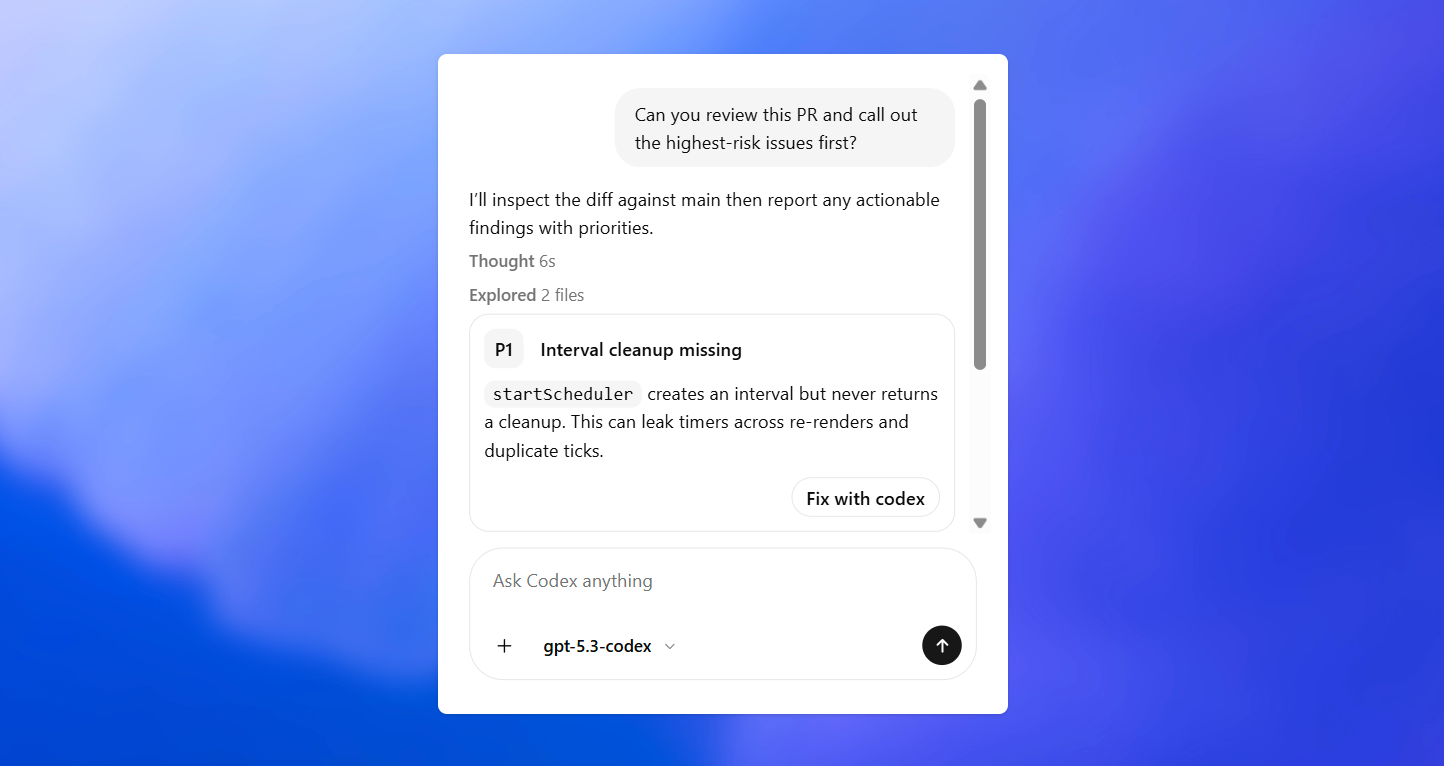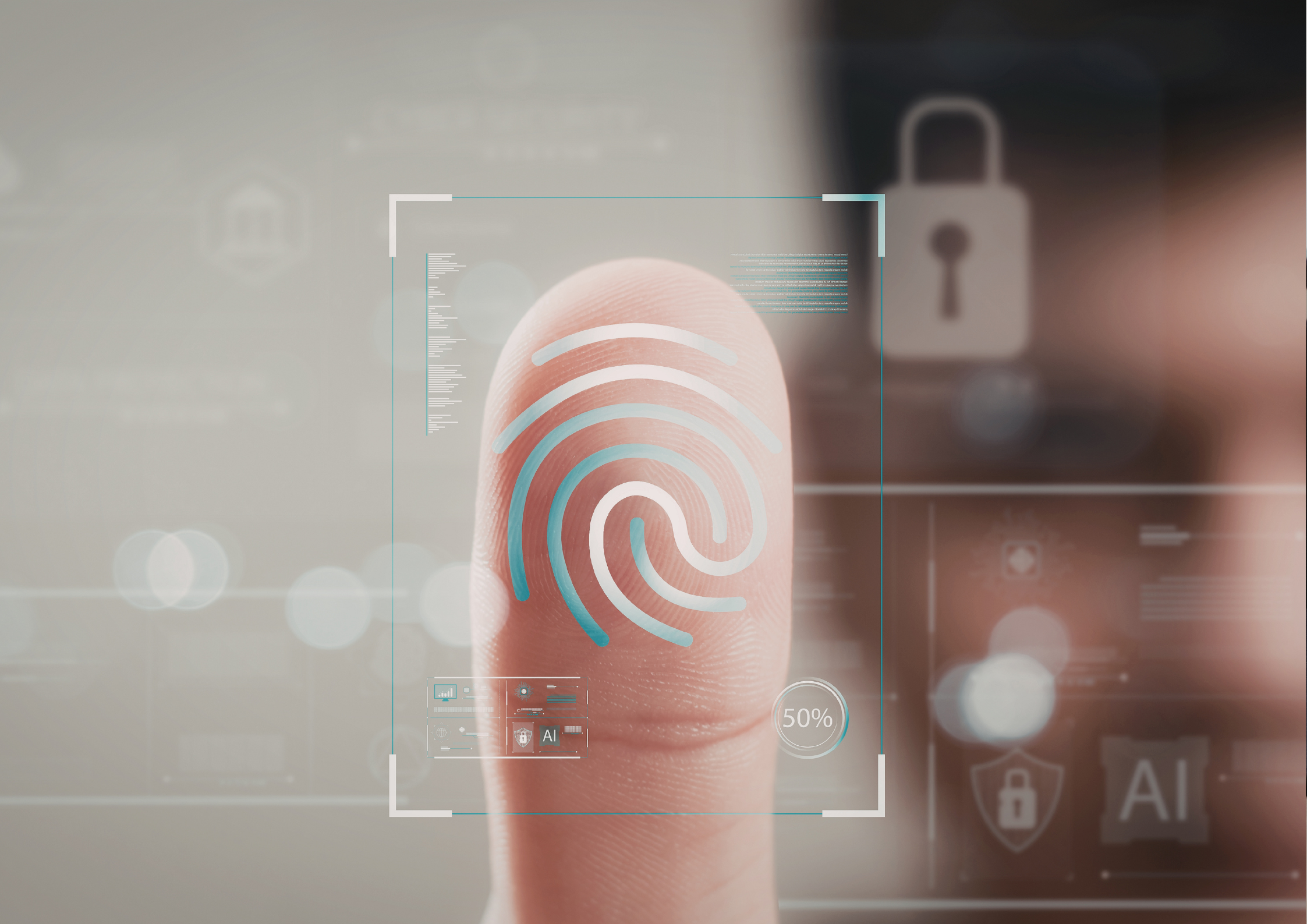Wolters Kluwer rolls out next-generation Lippincott DocuCare for nursing EHR training
Wolters Kluwer Health has announced an updated Lippincott DocuCare, a simulated academic EHR integrated with the Lippincott learning suite to help nursing students build documentation skills and practice readiness.

Wolters Kluwer Health, which develops clinical technology and learning products for healthcare education and practice, has introduced the next generation of Lippincott DocuCare.
The academic EHR is designed to mirror common clinical systems and to help nursing students bridge classroom learning with clinical documentation workflows.
The updated DocuCare connects to the broader Lippincott portfolio, including a unified gradebook, streamlined course management, and curriculum alignment. The company highlights 400 customizable patient records to support teaching across courses, clinicals, and simulations.
“The transition from education to patient care continues to be a big hurdle for new nurses entering the workforce and the health systems that hire them. Having clinical-like application tools available to nursing students will help build their clinical judgment and reflect a more true-to-practice experience that can minimize these growing pains,” says Julie Stegman, Vice President, Wolters Kluwer Health Learning & Practice.
“The essential goal of documentation is safe, effective patient care delivery and clinician-patient communication. Students that use DocuCare gain exposure to these skills during their education, making them more practice-ready and more attractive to employers, while supporting curriculum needs.”
Standards alignment and curriculum coverage
DocuCare is aligned with American Association of Colleges of Nursing (AACN) and National Council of State Boards of Nursing (NCSBN) standards. The company positions this as support for accreditation and competency-based education. For faculty, the breadth of case records and integration are pitched as a way to cover documentation skills consistently across programs.
“Having an academic EHR simulator across our curriculum is absolutely essential training for future nurses. It allows faculty to give students real, actionable feedback on their documentation while sharpening their clinical judgment, which is so critical in practice,” says Kandi Hudson, Ed.D./CI, MSN, CMSRN, CNE at the Community College of Baltimore. “Charting is patient care, so it is imperative for students to understand that every detail they document impacts outcomes and protects both the patient and their own careers. It’s a key tool in preparing safe, confident, and competent nurses.”























